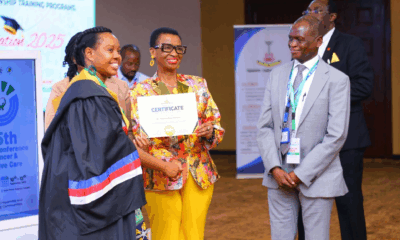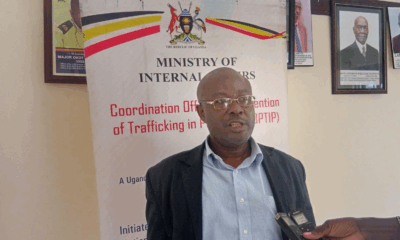BeeHive
No one is safe if a woman is not safe. Let’s stop rape!

Sheebah Karungi has been in the news for saying that some influential person she didn’t name tried to rape her
Our West African cousins have a saying that if you can’t avoid a rape better lie down and enjoy it. Such sayings may curve out a wrong picture of what rape really is. You may actually think that there is always a table between the rapist and his victim and the victim is at liberty to set a few conditions that must be fulfilled by her offender before the rape takes place. There is only one way you can understand what rape is and that is when you get raped. Surprisingly not even the rapist understands the gravity of the offense. It is always the victim alone to carry the burden on her shoulders.
In 1995, at the United Nations World Conference on Women in Beijing, China, 189 governments pledged to fight violence against women in all its forms. With this pledge, they agreed to end practices and policies that engaged in, condoned, or accepted violence against women; to prevent violence and protect women at risk of violence; and to build ways for women to win justice and redress when they are targeted for violence. Five years later, Human Rights Watch challenges governments to live up to their promises by ensuring that they undertake essential reforms. Close to 27 years later, we still have the nightmare with us.
Rape culture is pervasive. It’s embedded in the way we think, speak, and move in the world. While the contexts may differ, rape culture is always rooted in patriarchal beliefs, power, and control. We live in a social environment that allows sexual violence to be normalized and justified, fueled by the persistent gender inequalities and attitudes about gender and sexuality. Naming it is the first step to dismantling rape culture.
When discussing cases of sexual violence, a victim’s sobriety, clothes, and sexuality are irrelevant. Instead, counter the idea that men and boys must obtain power through violence and question the notion of sex as an entitlement. Quite often, we lose it all when we engage in debates underpinned by victim-blaming—an attitude that suggests a victim rather than the perpetrator bears responsibility for an assault.
The first decent step towards fighting rape is having good laws. Laws that stigmatize victims and hinder the possibility for justice and accountability must be replaced by laws that reflect the true nature of sexual violence, exclude negative stereotypes and myths, and are informed by the experiences of survivors. It is very possible for perpetrators to look for loopholes within the law and exploit them to their advantage.
This should also be noted that law alone is never a solution without good implementation. Need we say that laws are as good as their enforcement. Still, laws are not enough to prevent sexual violence and deliver justice to survivors. This requires educating the population on their rights, dismantling negative gendered stereotypes, and properly training those who are tasked with carrying the out.
From police officers to judges, it is critical that the criminal justice personnel deliver justice by practicing trauma-informed and gender-sensitive methods of working. Survivors often hesitate to report crimes even when they know they have the legal right, because they fear being shamed or disbelieved by authorities. Effective implementation of good laws will help to dismantle this barrier.
Let’s also create safe listening spaces for women. It goes for almost anything but before we can act effectively, we must understand the need — and for gender-based violence, that means listening to women and girls. A woman sharing her story of violence is the first step in breaking the cycle of abuse. We can all support her by giving her the safe space she needs to speak up and be heard. But listening goes broader than listening to women survivors, it means listening to activists and experts too, on what’s needed to combat the plight. And even broader than that, it means creating the space to listen and hear all the women and girls in your life, from your home, to your school and workplace, to your whole community.
Comments


















